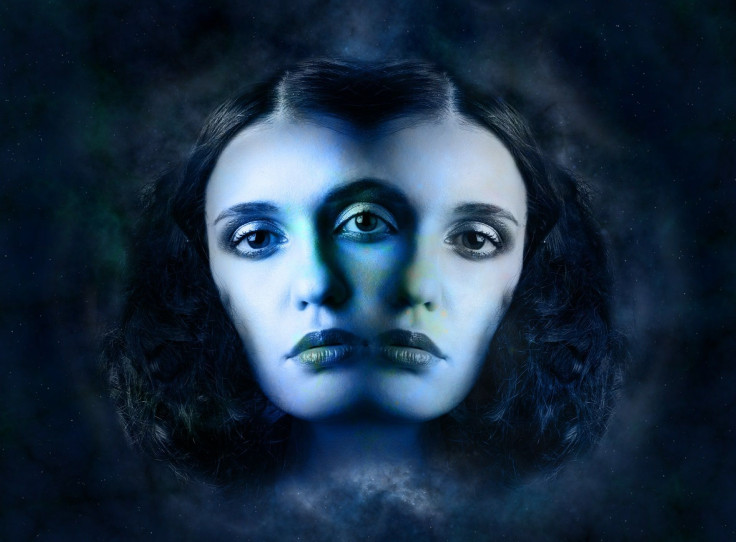Marijuana Health Risks: Smoking Too Much Marijuana Raises Chance Of Psychosis

Marijuana abuse and psychosis have long been a question of the chicken and the egg: Does marijuana make people more likely to develop psychosis or are people predisposed to psychosis more likely to abuse marijuana? Researchers think they finally have the answer, thanks to a bunch of sets of twins.
Historically, people with psychotic disorders use cannabis more often than others. UPI has reported that scientists from the Norwegian Institute of Public Health (NIPH) and from Virginia Commonwealth University found, after psychiatric interviews with twins in the Nordic country, that marijuana abusers “may be more than tripling their risk” for the mental condition characterized by detachment from reality and sometimes bizarre behavior. The NIPH said in a statement that the interviews were meant to probe whether the twins showed signs of cannabis abuse or psychosis, and the twin abusing marijuana was 3.5 times more likely to develop psychosis as compared to the other twin.
Both marijuana abuse and psychosis have been shown through the years to have genetic influences, “and the same genes may lead to an increased risk for both problems,” the Norwegian institute said. But “a common genetic risk could not explain the entire association with symptoms of psychosis,” otherwise twins raised in the same environment and with the same genes wouldn’t have such varying risks of developing symptoms of psychosis.
Ragnar Nesvåg, a senior researcher at NIPH and the main author of the study, says the findings should enter discussions about legalizing or decriminalizing marijuana; that includes jurisdictions throughout the United States. Nine states had marijuana measures — either medical or recreational — on their ballots in the election that just passed on Nov. 8, and other states already have laws on the books regarding use of the substance. Time notes that following those results, medical marijuana is either legal or otherwise regulated in a few dozen states, and recreational marijuana is legal in seven states and Washington, D.C. A recreational marijuana measure failed in Arizona, where medical marijuana is legal, and results are not yet final on Maine’s bid to add recreational use to its laws on medical use.
Despite the psychosis-related research, marijuana has also been touted recently for its medical benefits. Scientists have suggested that it can kill certain cancer cells; relieve pain; ease muscle spasms and stiffness associated with multiple sclerosis; treat schizophrenia, depression and post-traumatic stress disorder; control seizures in epilepsy patients; and stimulate appetite in AIDS patients who’ve seen their appetite decrease with treatment.



























